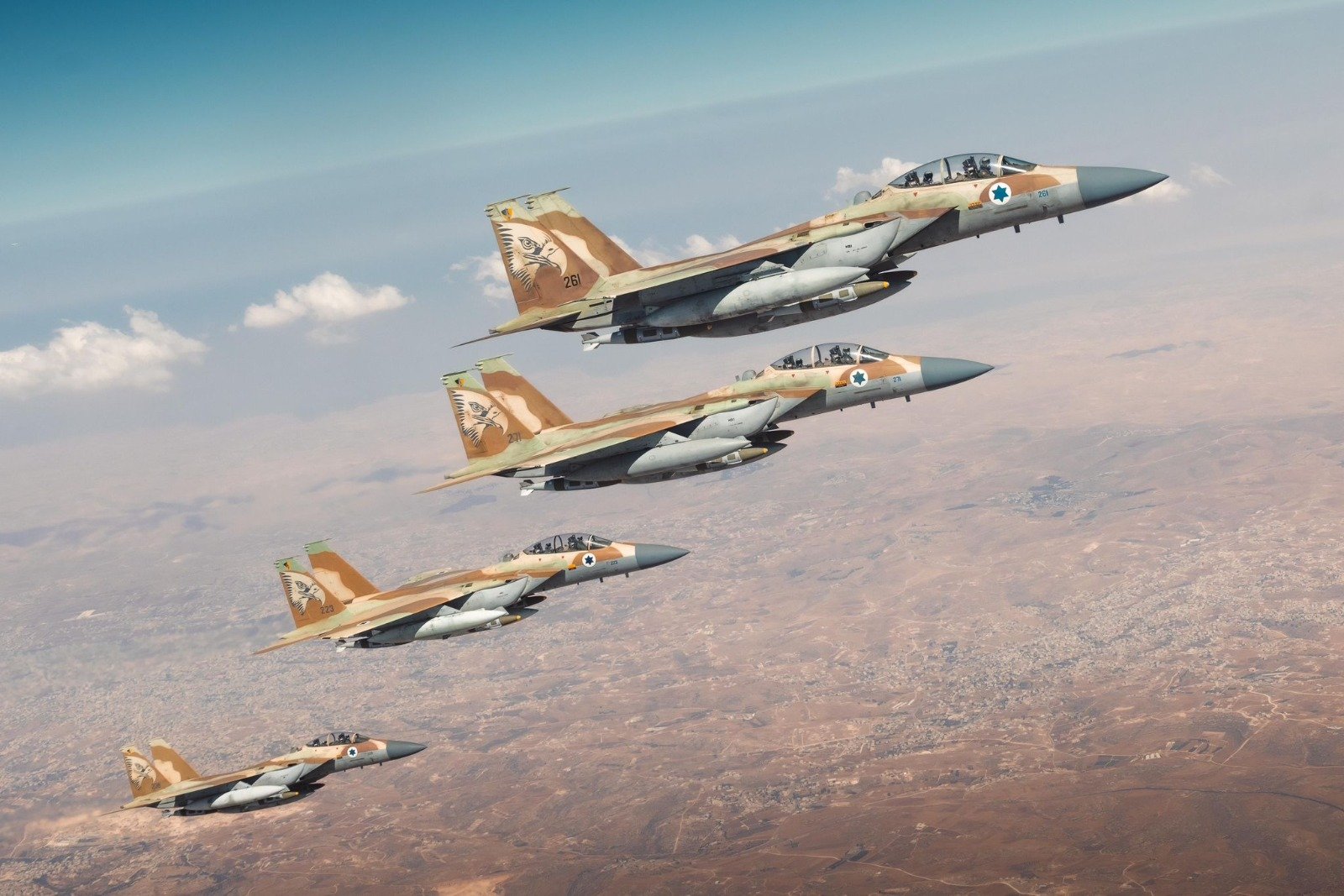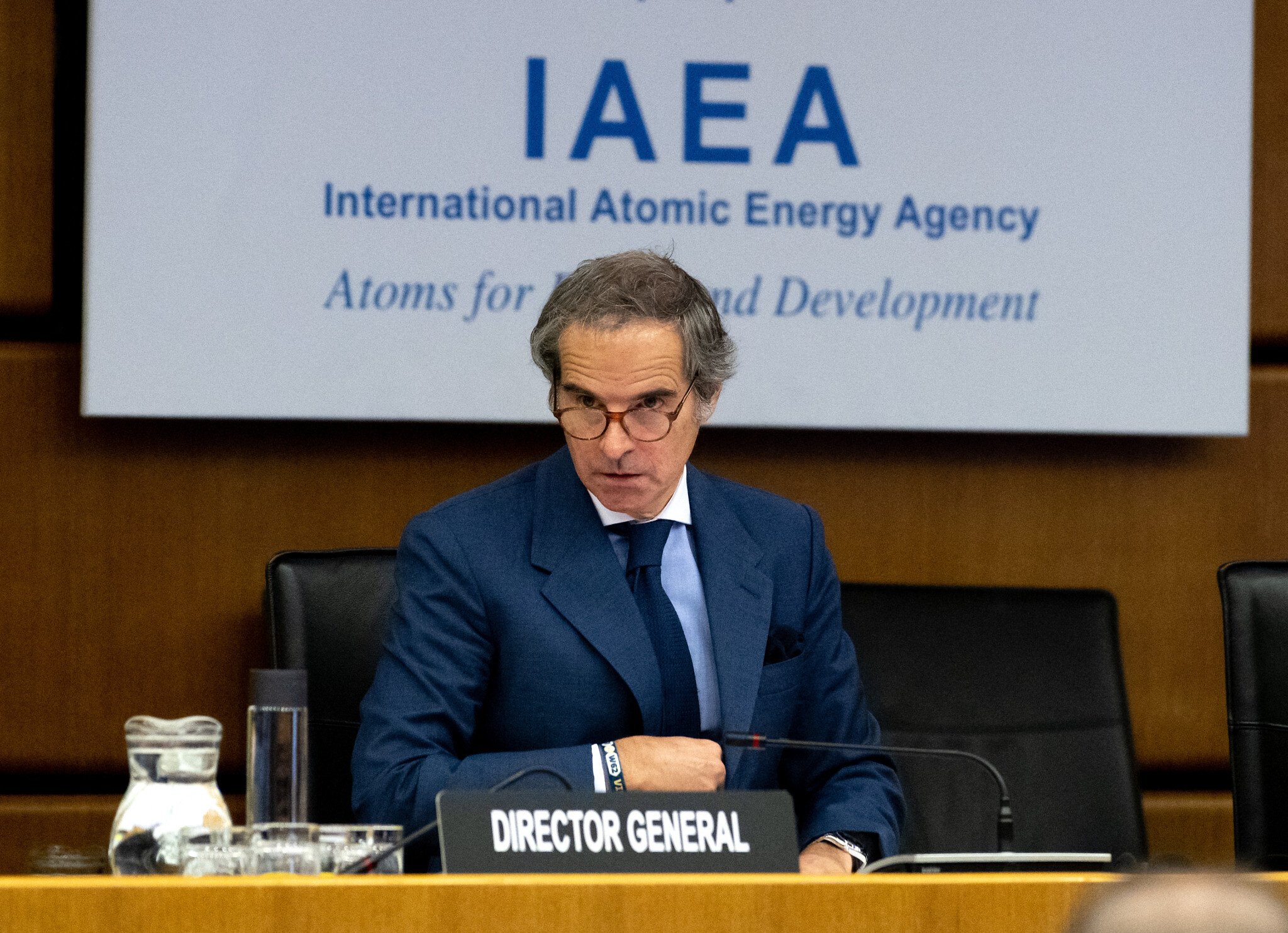



Defense Minister Israel Katz and Israel Defense Forces Chief of Staff Lt. Gen. Eyal Zamir on Friday praised Israel’s achievements during the conflict with Iran, saying it represented a historic turning point in Israel’s defense against Tehran’s most dangerous threats.
The two released separate statements one day after a joint situational assessment on the matter, with Katz hailing the operation as a strategic triumph, saying, “The IDF achieved remarkable successes in thwarting Iran’s nuclear program and missile production system — the two threats that posed the greatest danger to Israel.”
He added: “The IDF must prepare both intelligence-wise and operationally to ensure air superiority over Tehran and to prevent Iran from rebuilding its capabilities.”
Zamir echoed the sentiment, calling Operation Rising Lion “a defining milestone in the campaign for the security of the State of Israel.
“It once again demonstrated the strength of the IDF, the depth of its operational capabilities, and the determination of the people of Israel to defend their existence.”
Zamir said that the operation was years in the making, built on “thousands of hours of planning, intelligence gathering and training.”
“In recent months, intelligence sharpened, capabilities matured and the plan became feasible. Air Force planes controlled the skies over Tehran, intelligence demonstrated groundbreaking capabilities and our air defense protected the home front,” he said.
Reflecting on the broader war since Hamas’s October 7, 2023, onslaught, Zamir added, “The operation is over, but the campaign is not.”
Israel said its sweeping assault on Iran’s top military leaders, nuclear scientists, uranium enrichment sites and ballistic missile program was necessary to prevent the Islamic Republic from realizing its avowed plan to destroy the Jewish state.
Iran has consistently denied seeking to acquire nuclear weapons. However, it enriched uranium to levels that have no peaceful application, obstructed international inspectors from checking its nuclear facilities and expanded its ballistic missile capabilities. Israel said it had recently taken steps toward weaponization.
Iran retaliated to Israel’s strikes by launching over 500 ballistic missiles and around 1,100 drones at Israel.
The attacks killed 28 people and wounded over 3,000 in Israel, according to health officials and hospitals.
In all, there were 36 missile impacts and one drone strike in populated areas, causing damage to 2,305 homes in 240 buildings, along with two universities and a hospital, and leaving over 13,000 Israelis displaced.
A truce between Israel and Iran was brokered by the US last month after it dropped 30,000-pound “bunker-busting” bombs on two of Iran’s key nuclear sites, and hit a third with missiles.
Despite efforts to bring Iran back to talks in the wake of the conflict, the future of efforts to monitor and limit its nuclear program remains unclear.
A team of inspectors from the International Atomic Energy Agency safely departed from Iran to return to the UN nuclear watchdog’s headquarters in Vienna after staying in Tehran during the conflict between Israel and Iran, the agency said on Friday.
IAEA Director General Rafael Grossi “reiterated the crucial importance of the IAEA discussing with Iran modalities for resuming its indispensable monitoring and verification activities in Iran as soon as possible,” it said in a post on X.
Citing people familiar with the matter, The Wall Street Journal reported on Friday that the inspectors were pulled out over safety concerns.
The inspectors’ departure came after Iran passed a law on Wednesday suspending its cooperation with the UN agency.
Meanwhile, Saudi Foreign Minister Faisal bin Farhan told a press conference in Moscow on Friday that Tehran needs to fully cooperate with the IAEA, and that there is a need to return to diplomatic negotiations when it comes to Iran’s nuclear program.
On Thursday, Saudi Defense Minister Prince Khalid bin Salman met with US President Donald Trump and other officials at the White House to discuss de-escalation efforts with Iran, Fox News reported, citing multiple sources.
In Iran, the Imam Khomeini International Airport welcomed its first foreign flight on Friday since the resumption of international air travel after a 20-day suspension, local media reported.
According to Student News Network, Mehdi Ramezani, spokesperson for Iran’s Civil Aviation Organization, confirmed the Flydubai flight from the United Arab Emirates landed on Wednesday, after extensive security and diplomatic coordination.
The landing marks a “new phase of stability” for Iran’s aviation sector, Ramezani said, after the war with Israel. He added that it represented a return to calm and intelligent management of the nation’s airspace.
International flights will gradually resume to specific destinations in coordination with authorities, to meet public needs and restore air links, he said.



